Premium Only Content
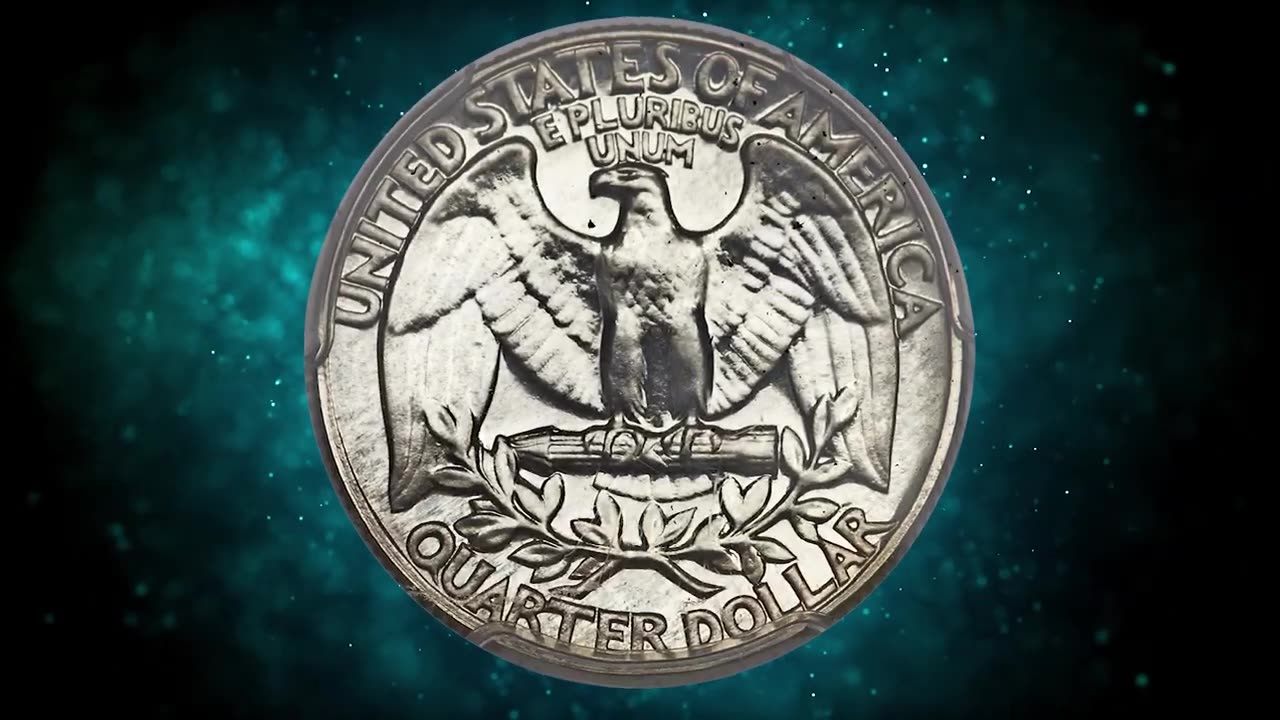
8 Rare Coins Worth Alot of Money
instagram.com/nikolasremko
First, let's start at the beginning. What are the origins of money?
Before money, there was barter—a direct exchange of goods or services between humans. It is this economic behavior that is the foundation of civilization.
If no one could exchange, and if we were forced to be completely self-sufficient, most of us would starve to death, and the rest would barely remain alive.
Exchange is the lifeblood, not only of our economy, but of human existence.
A barter system has two basic problems: indivisibility and lack of coinciding wants.
Imagine that a farmer wants to buy a pair of shoes, but the cobbler does not want eggs. He may want beef, but the farmer is not willing to slaughter his cow for shoes. A trade where both are happy is now difficult.
Any sort of advanced economy is impossible with simple direct exchange.
But humanity adapted. How? Indirect exchange.
Consider our farmer. Instead of offering eggs, he finds what the cobbler really wants—butter. He now exchanges butter for shoes. If enough people also want butter, our farmer may buy more—not to use it, but to exchange it for other goods and services.
Many goods have played this role in the past: tobacco in colonial Virginia, sugar in the West Indies, copper in ancient Egypt. Historically, gold and silver emerged as a widely accepted medium of exchange in a free market. This is not only because metal can be converted into durable and transportable units, like coins, but also because both have long been desired for their beauty and practical use.
This process—the cumulative development of a medium of exchange on the free market—is the only way money can become established from barter.
This market process allows for prices to emerge between a medium of exchange and other goods and services—without this, it would be impossible for money to be properly valued. As we will see, government can manipulate the value of money—but it is powerless to create it from nothing.
As such, money did not begin as an abstract unit of account; it was not a useless token only good for exchanging; it was not a "claim on society." It was simply a commodity. Like commodities, its "price"—in terms of other goods—is still determined by supply and demand today.
When there is a high demand for money—perhaps because people are uncertain about the future and save more—the price of money goes up, which means the prices of goods and services go down. When the demand for money drops—perhaps because it is feared it will be worth less tomorrow—consumers will be more willing to spend, which means prices go up.
When competing currencies exist, prices may also change between different monies. In the past, consumer demand could change the value of silver to gold. Today it may change the exchange ratio of dollars to euros. These exchange rates can shift freely on the market.
But how did we go from money as gold and silver to the dollars and euros we have now?
To understand that, we must first understand the service that emerged as the result of money: banking.
#motivation #money #coins #wonder #fact #rare
-
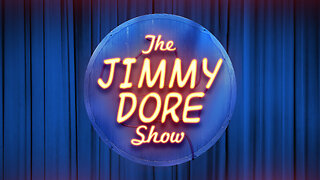 LIVE
LIVE
The Jimmy Dore Show
1 hour agoPutin Offers U.S. a BETTER DEAL on Rare Earth Metals! Flu Shots Are a Proven Scam! w/ Mikki Willis
12,159 watching -
 42:47
42:47
Kimberly Guilfoyle
5 hours agoThe Trump effect: More Major Investment, Plus America First at Home & Abroad. Live w/Ned Ryun & Brett Tolman | Ep. 201
55.7K21 -
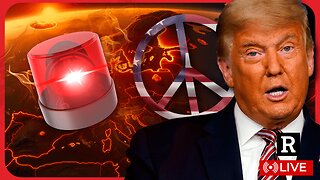 1:29:23
1:29:23
Redacted News
4 hours agoWW3 ALERT! Europe pushes for war against Russia as Trump pushes peace and cutting off Zelensky
86.3K185 -
 LIVE
LIVE
Dr Disrespect
8 hours ago🔴LIVE - DR DISRESPECT - PUBG - 5 CHICKEN DINNERS CHALLENGE!
2,257 watching -
 57:56
57:56
Candace Show Podcast
7 hours agoHarvey Speaks: The Project Runway Production | Ep 1
81.8K42 -
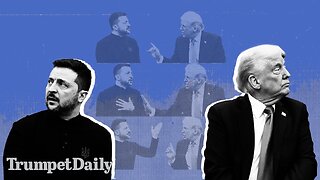 LIVE
LIVE
LFA TV
1 day agoEurope’s Relationship With America Is Over | TRUMPET DAILY 3.3.25 7PM
401 watching -
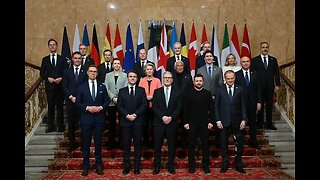 LIVE
LIVE
Quite Frankly
5 hours ago"European Deth Pact, Blackout Data Breach, More" ft. Jason Bermas 3/3/25
1,135 watching -
 LIVE
LIVE
2 MIKES LIVE
2 hours ago2 MIKES LIVE #187 Deep Dive Monday!
129 watching -
 44:25
44:25
CatfishedOnline
3 hours ago $0.69 earnedRacist Lady Shocked After Sending Money to a Nigeria Romance Scammer
15.5K3 -
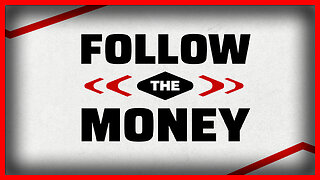 56:45
56:45
VSiNLive
3 hours agoFollow the Money with Mitch Moss & Pauly Howard | Hour 1
41K